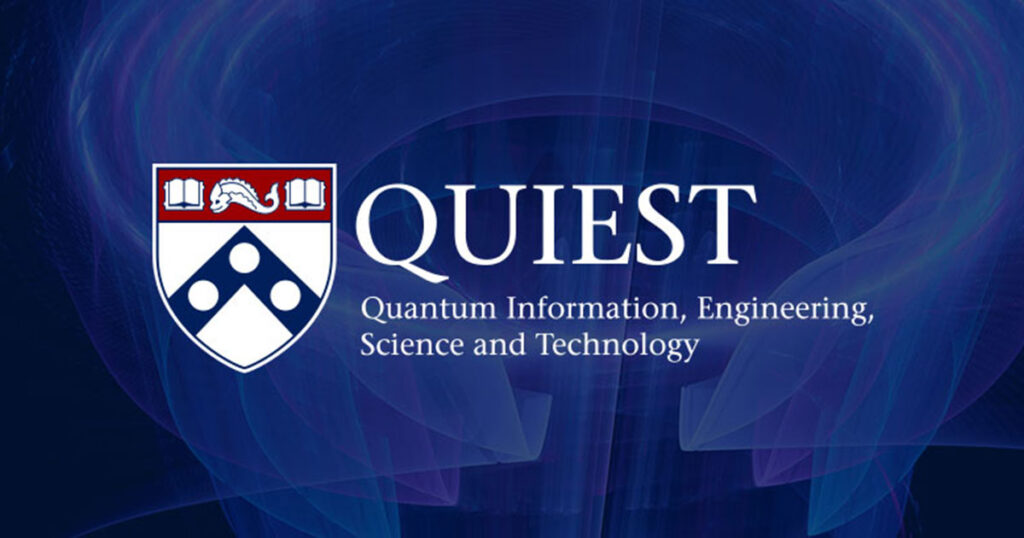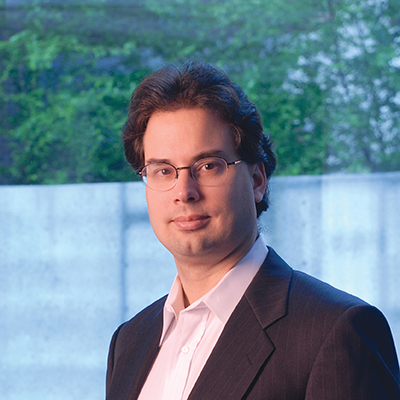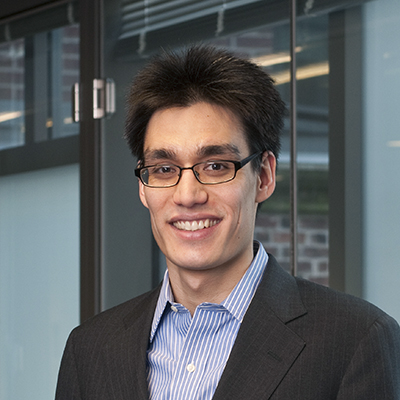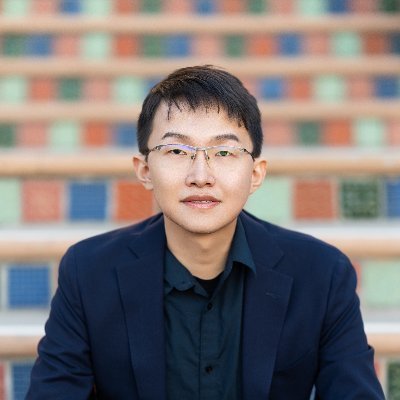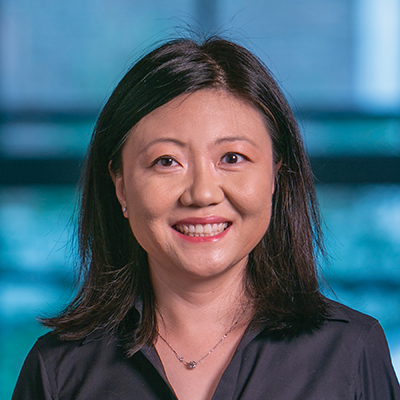Computer Architecture is the design and organization of a computer’s fundamental operational structure, such as the CPU, memory, and input/output systems. It is concerned with how components interact to execute instructions and perform computations efficiently. Researchers in this field work on improving performance, power consumption, scalability, and cost-effectiveness by refining the microarchitecture, data pathways, and control logic. The goal is to optimize systems to handle modern workloads, such as machine learning, big data, and cloud computing. As technological advances lead to ever more complex systems, novel approaches like multicore processors, heterogeneous computing, and GPU acceleration have become integral to modern computing architectures.
Quantum Computing Systems, on the other hand, leverage the principles of quantum mechanics to perform computations at speeds unattainable by classical computers for certain tasks. Quantum systems rely on qubits, which can exist in multiple states simultaneously (superposition) and can be entangled with one another, allowing for parallel computation and faster problem-solving in areas such as cryptography, optimization, and simulation of quantum systems. Research in quantum computing focuses on the development of stable qubits, error correction, quantum gates, and the architecture necessary to scale quantum systems. The challenges here include controlling quantum decoherence and developing algorithms that can fully harness quantum computational power.
The intersection of Computer Architecture and Quantum Computing Systems is an emerging area of interest, as researchers explore how to design classical systems that can effectively support quantum computing workflows. Hybrid architectures that combine classical and quantum components are being investigated to overcome the limitations of both. Researchers are also developing new models for memory, control, and communication systems tailored for quantum computers. This field is crucial as quantum computing matures, requiring a robust architecture to manage both classical and quantum resources seamlessly and enabling the practical integration of quantum computing into future technologies.
